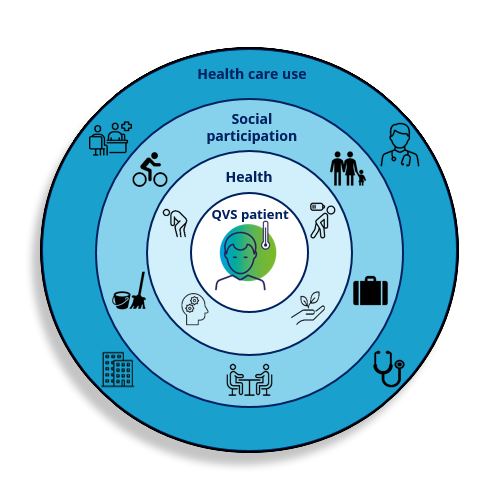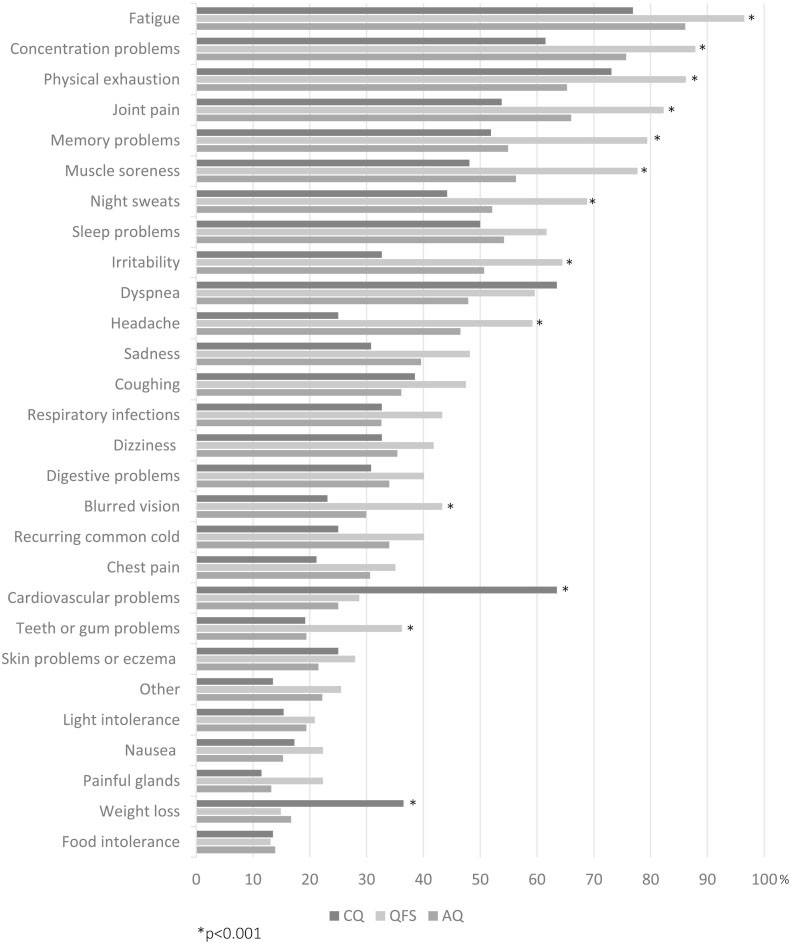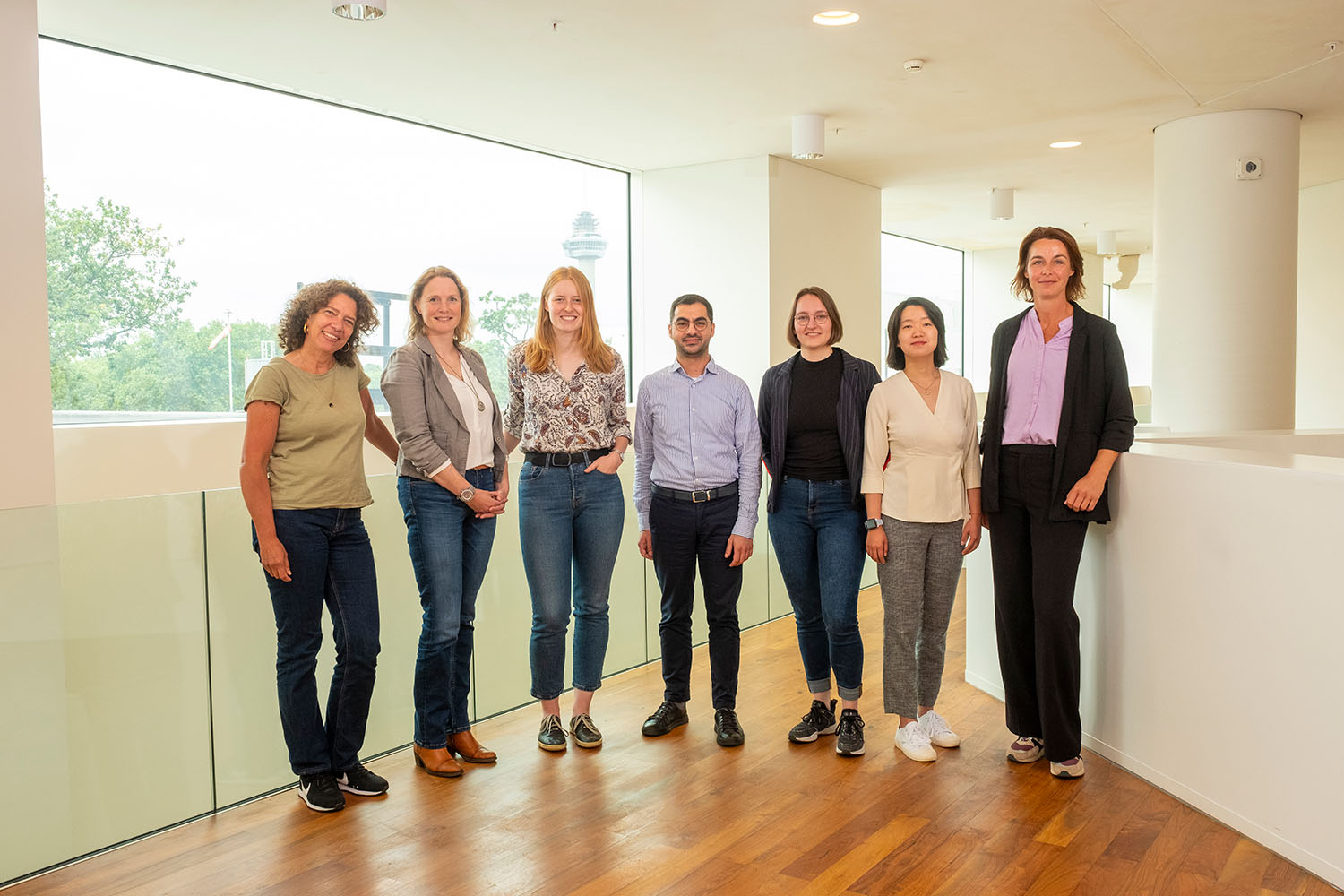Health Technology Assessment & Implementation
“With our strong focus on methodology of outcome measurement, quantification of costs and disease burden, and evaluation of interventions, our work is instrumental for the optimization of evidence-based care and prevention"
Our work consists of a unique combination of health-economic, epidemiologic and implementation research. The aim of our work is to simultaneously optimize health outcomes of patients by improving treatment, while containing or reducing healthcare costs. Three major pillars of our work are: a) improvement and application of methods to measure outcomes (quality of life, burden of disease, costs and efficiency), b) to perform health technology assessment studies, and c) to study the implementation and evaluation of (preventive) interventions within health care. With our strong focus on methodology of outcome measurement, quantification of costs and disease burden, and evaluation of interventions, our work is instrumental for the optimization of evidence-based care and prevention. Our primary areas of application are the fields of trauma and recently also Covid-19 and Q-fever. We collaborate with many clinical departments within the Erasmus MC, national and international institutes.
Highlights
Q-Fever long term outcome study
Approximately 15 years after the outbreak of the Q fever epidemic (2007-2010) in the Netherlands, many Q fever patients still face major problems. This is shown by a study by Erasmus MC, commissioned by Q-support, among almost 450 patients who suffer from Q fever fatigue syndrome (QVS). The QVS research covered various facets, such as health complaints, use of and satisfaction with health care, but also daily life, work situation and quality of life and mental well-being. The research shows that QVS patients suffer on average from twelve physical complaints, with the top three being fatigue, concentration problems and physical exhaustion. This has major consequences for working life as well as leisure time. Due to fatigue that QVS patients experience, there is very little energy left for family, friends and hobbies. QVS patients experience little understanding for their situation in society and rate their quality of life as unsatisfactory. This study highlights the enormous impact of Q-fever on long-term consequences. The outcomes of our study may help improve healthcare, societal functioning and work status. The study will be repeated over a four-year period and thus also provides a picture of the development within the patient group.

Economic evaluation of injury studies
Health care spending constitutes of approximately 10% of the general domestic product of European countries. Policy decisions with respect to resource allocation and reimbursement of health care can be informed by economic evaluations and costs of illness studies. For example, in a cost of illness of injury study, we determined the medical and productivity costs of injury patients that presented at the emergency department. The mean total costs per injury patient were €12,190 and prognostic factors for high costs were for instance higher age, high injury severity and pre-existing chronic disease. In a study that was focused on traffic injury, we found that mean total costs of a traffic injury in the Netherlands was €14,100, including health care and productivity costs. Pedestrians aged 65 years or older had the highest mean health care costs (€18,800) and motorcyclists had the highest mean productivity costs (€9000). Costs of illness of injury can also be studied relative to the associated health outcomes. For instance, in a cost-utility study we showed that the incremental cost-effectiveness ratio for operative management compared to non-operative management was €73,000 per quality-adjusted life year (QALY), and therefore exceeds the threshold of €20,000 per QALY.


